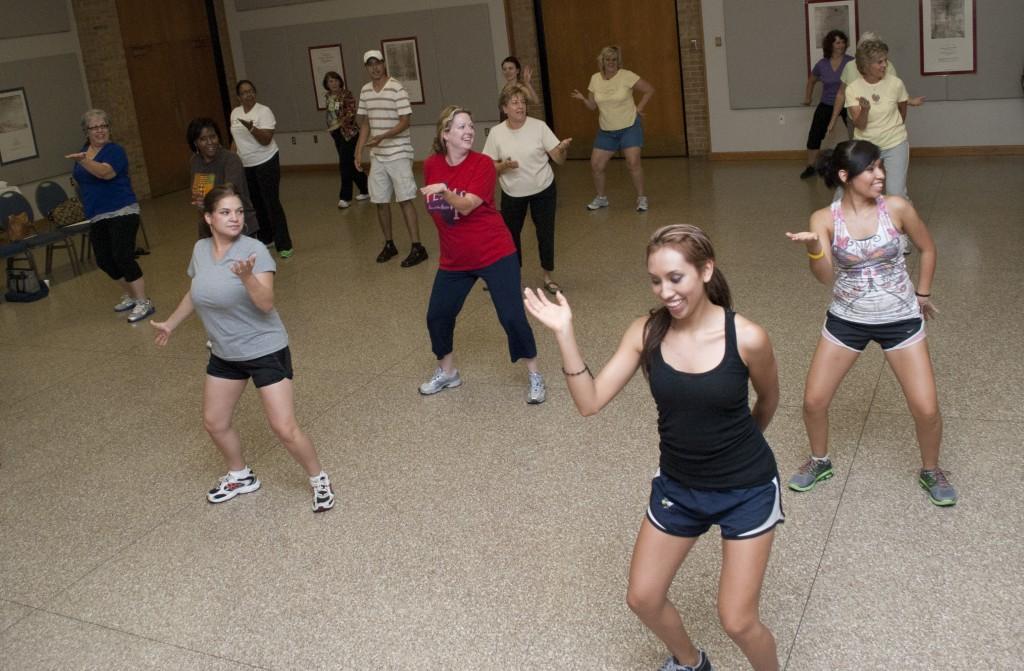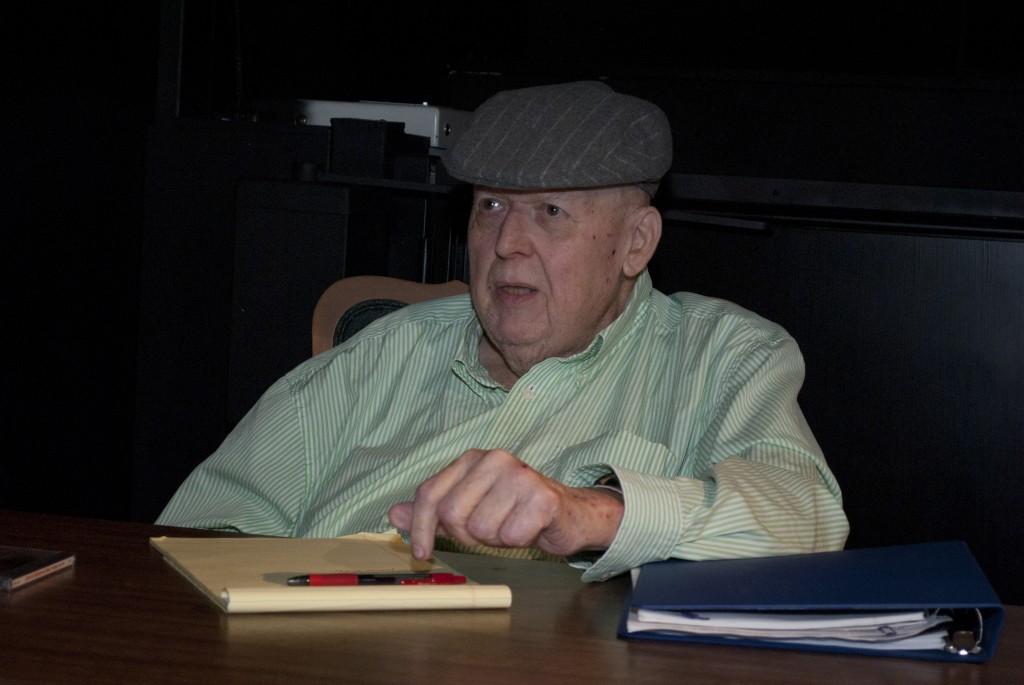By Zanab Jaffrey/reporter
American women should never take little things for granted, a South Campus psychology associate professor said recently.
Triesha Light, South Campus Women in New Roles coordinator, presented India 2012 and the Plight of Women to 48 TCC students Sept. 10.
“Welcome to India, where the 17th meets the 21st century,” she said.
During a recent trip to India, Light interviewed several women, all of whom had arranged marriages and little control in their lives.
“Eight percent of girls ages 10-14 are married, and 50 percent of girls ages 15-19 already are,” she said.
With arranged marriages, women have little or no say in the person they marry. Light said most brides have never met their grooms prior to the wedding.
Problems can arise after the marriage. “Bride burning,” a form of domestic violence, is not uncommon, Light said. Females can be burned for not being able to birth a son or simply because the husband wants a different wife.
“Most female fetuses are aborted in India,” she said. “There are clinics that offer sonograms, and they aren’t doctors. So what do you think they are doing?”
Domestic violence is very apparent in most relationships in India with many women choosing to stay in an abusive relationship, Light said.
Divorce makes a woman more of an outcast to society, and her family will often turn their backs on her, too.
With women having little or no say in society, Light said her son-in-law had to speak for her in the village so she could get served and be taken seriously.
Such treatment seems unbelievable to women in America, Light said. Women here have freedom, choices and rights — something many Indian women do not, she said.
No matter their reasons for attending, the students took something away.
“We have to come for the credit, but this speech seemed like an interesting one to listen to,” South student and radiology major Glenda Jackson said.
South student Daisy Martinez enjoyed hearing Light’s experiences.
“It’s like you can only read so much in the books, but to hear it from someone firsthand, it just really opens your eyes to what it’s like in some parts of the world,” she said.
South social work major Carolyn Mathis had a new respect for her life.
“Here I am taking 15 hours, a mom, and I think I am lucky to not have to work while I am doing it all,” she said.
It seems to be such a small liberty to be thankful for when the chance to go to school is just not there for the majority of women in India, Mathis said.
Light feels fortunate, too.
“Traveling has given me a new aspect on life,” she said. ”Every woman has dreams, goals, in-laws. They live through birth, death and marriage, and we should just appreciate every freedom we have, marry who we love and never take anything for granted.”






















